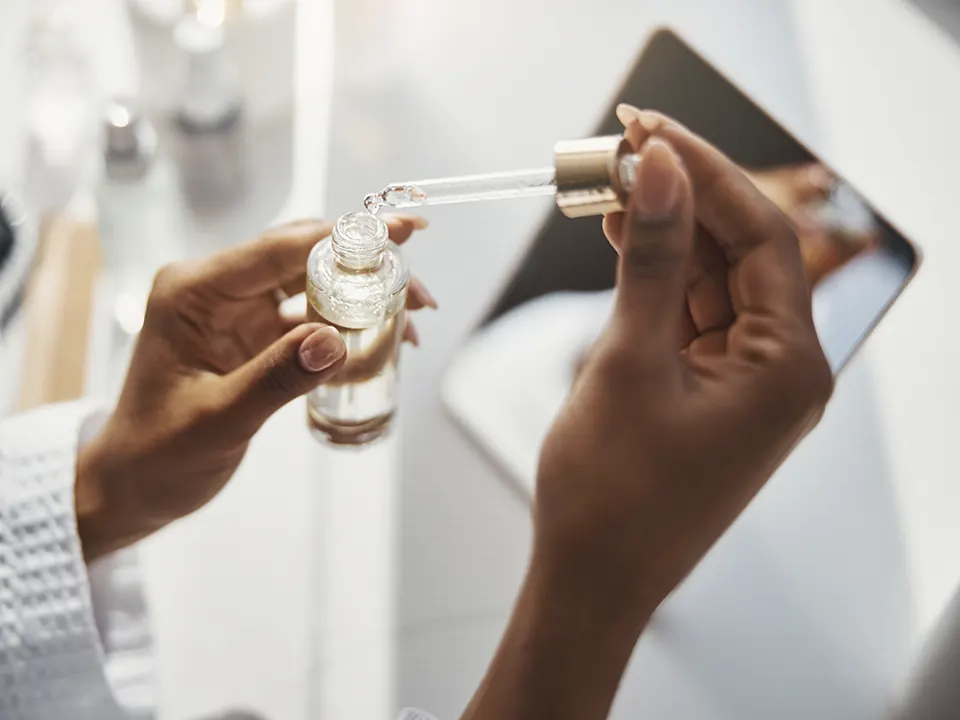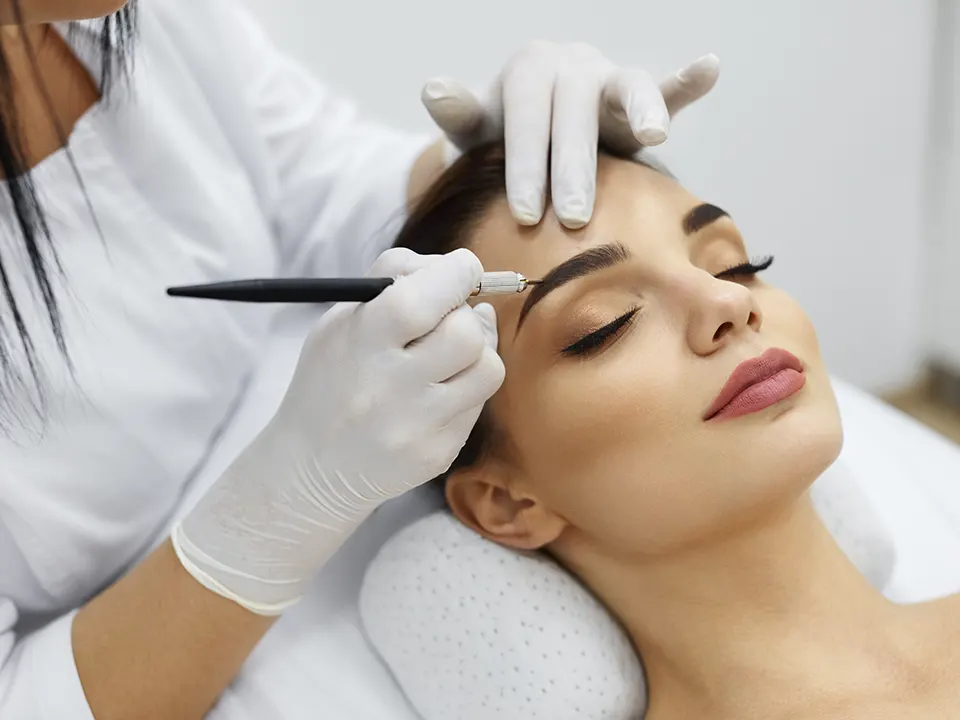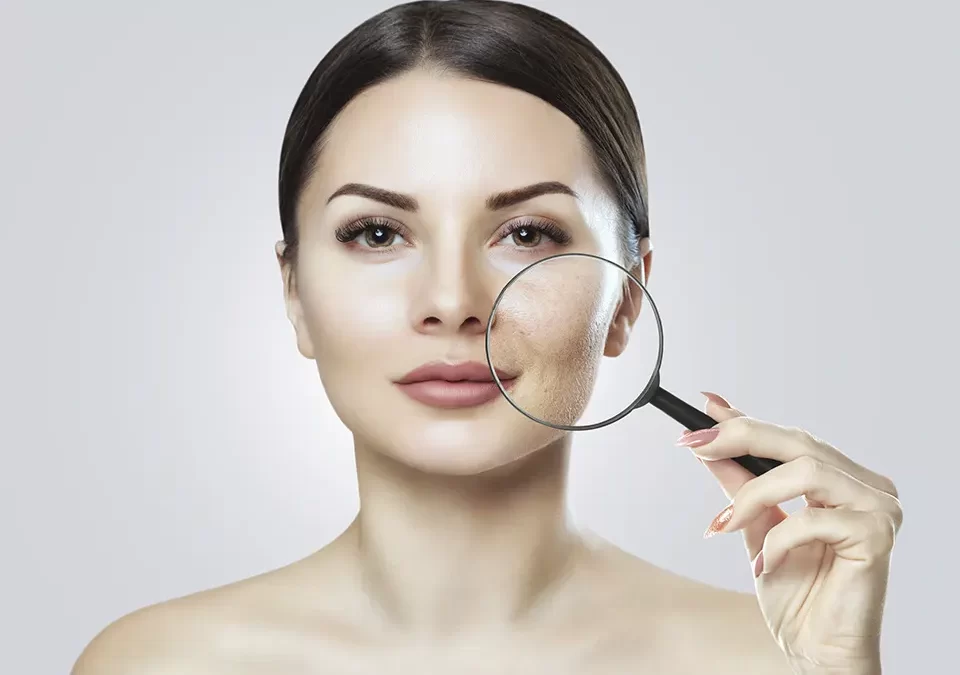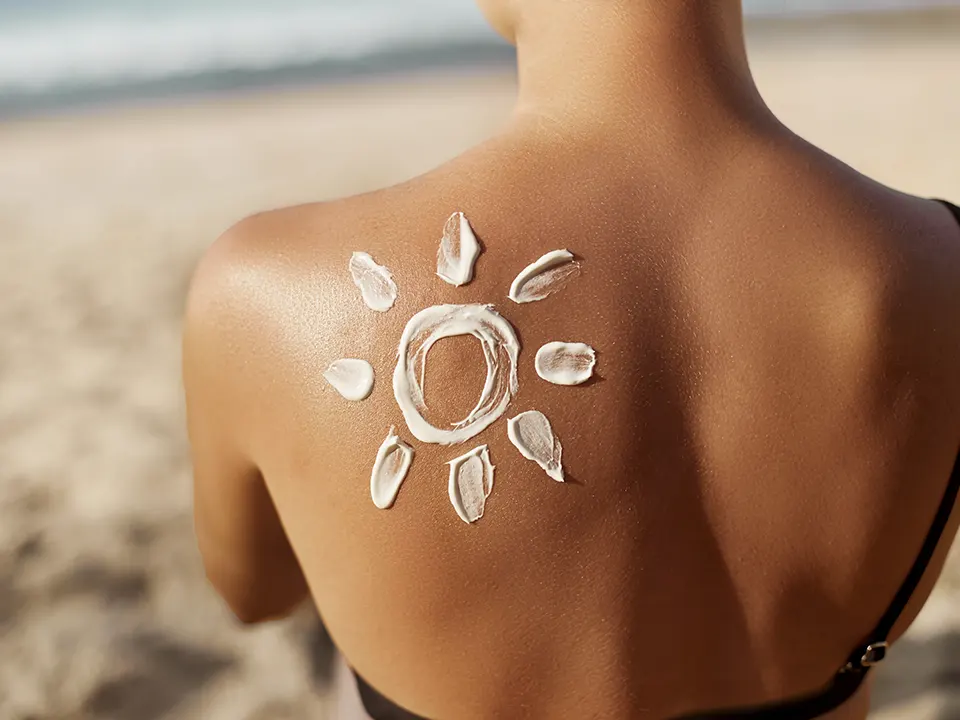
Three products you can’t miss in your skincare routines
November 2, 2021
The secret behind perfect eyebrows
November 2, 2021If you have oily skin on your complexion and don’t follow a proper facial routine, your skin can quickly become dehydrated. Nowadays, many cleansing products are so aggressive that instead of helping your hygiene routine, they end up causing severe skin dehydration.
External agents such as cold or heat can also have an impact on skin dehydration. The sun is one of the elements that can be extremely harmful to your skin, which is why it is essential to use oil-free facial sunscreen every time you go outside. Dehydrated oily skin is more common than you think, so we will tell you how to take care of it.
Tips for keeping your oily skin hydrated and how to treat it
The first thing to do is to detect if your skin is oily. To do this, take a good look at yourself in front of a mirror and see if you have large and dilated pores or if the appearance of your complexion is shiny. If you usually wear makeup and it lasts only a few hours, it may also signify oily skin.
If you have gone through several types of acne and the blood vessels cannot be seen easily, you most likely have oily skin on your face. But don’t worry, the important thing is to learn how to take care of it and keep it hydrated.
If you have noticed that your skin has become rougher lately, more fragile and dull, what must be happening is that you need to moisturize it. Ideally, it would be best if you visited a specialist at least once a month so that with the right products according to your skin type, you can perform a facial cleansing.
When you have sensitive, oily skin, using water-based products such as hyaluronic acid or ceramides is advisable in addition to using soft products with light textures such as gel or micellar lotions. You can also apply a nourishing mask for dehydrated oily skin every week.
You should also make sure to use a broad-spectrum sunscreen daily to protect your oily skin from harmful UV rays. Another vital tip to avoid dehydrated oily skin has to do with what you eat. Instead of sodas, opt for water, natural juices without added sugar, or drinkable supplements based on hydrolyzed collagen.
Why do I have oily skin on my face?
There are many reasons why you may have an oily complexion. Excessive sebum production on your face can occur due to hormonal changes caused by stress, use of oral contraceptives, pregnancy, diet, or even genetic factors.
Lack of proper cleansing and exfoliation can also be a trigger for oily skin. Whatever the reason you have an oily complexion, it is important to take care of it and give it the necessary attention. If you don’t, acne can start to appear on your face.
Remember that having oily skin does not mean that you should not moisturize it for fear of stimulating sebum production in your skin. Dehydrated oily skin is much worse and more frequent than oily skin. You should only maintain a daily cleansing with non-abrasive products and a moisturizing routine with creams or gels indicated by your specialist or dermatologist.


